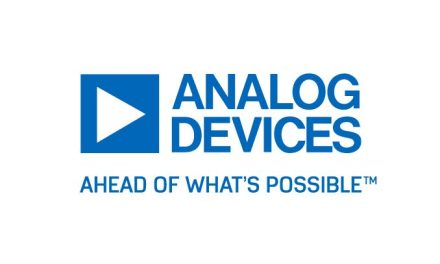 ALPS ELECTRIC EUROPE has decided to market its “UMDZ Series” LTE Data Communication Module for Automotive Use, which the company has been developing to support high-speed data communication for automobiles. The product will be introduced in fiscal 2015.
ALPS ELECTRIC EUROPE has decided to market its “UMDZ Series” LTE Data Communication Module for Automotive Use, which the company has been developing to support high-speed data communication for automobiles. The product will be introduced in fiscal 2015.
High-speed data communication linking vehicles to the outside environment is currently attracting great interest as a means for obtaining destination and road information, updating maps, and performing other functions required by navigation systems.
Applications of the technology are gradually increasing and include access to tourist information and online cloud services via the internet, utilisation of big data, and eCall systems. Now it is expected that communication modules supporting the LTE (Long Term Evolution) standard for high-speed, high-capacity data communication will be incorporated into automobiles and automotive electronics to enhance those services.
Besides conforming to radio legislation in each country, devices implementing LTE technology must undergo interoperability testing and certification for each telecommunications carrier to provide assurance of a stable connection with base stations.
In addition to evaluations required to obtain the above certification, many technical hurdles also need to be cleared before marketing an automotive LTE module, as such modules have to be able to provide high reliability in tougher vibration and temperature environments than modules for consumer devices.
To help address these market needs, ALPS has decided to market its UMDZ Series LTE Data Communication Module for Automotive Use. ALPS plans to market the product as the world’s smallest module for automotive use, with dimensions of 28.9 × 29.8 × 4.22mm, achieved by optimising the product structure using RF and evaluation technologies accumulated over the years. The module will support three modes—2G, 3G and LTE—and worldwide use in regions including Europe, North America, China and Japan.
In regard to compliance with radio legislation and acquisition of carrier interoperability testing certification, ALPS will make use of evaluation, simulation and other elemental technologies accumulated to date through the development of various communication modules, such as automotive Bluetooth modules, as well as the EMC Evaluation Center at ALPS Electric’s Furukawa Plant (Osaki, Miyagi Prefecture), which possesses one of Japan’s leading reverberation chambers. This will help to reduce the development and evaluation workload of automotive equipment manufacturers since performance can be optimised and certification acquired at the module level to accommodate each of the 2G, 3G and LTE transmission systems and the communications environments in each region.
ALPS can also develop suitable antennas using antenna design and simulation technologies. By enabling antenna-integrated solutions, as well as solutions combined, for example, with Wi-Fi and Bluetooth modules or GNSS modules, for which ALPS boasts an excellent track record, Alps can satisfy the various needs of equipment manufacturers.



